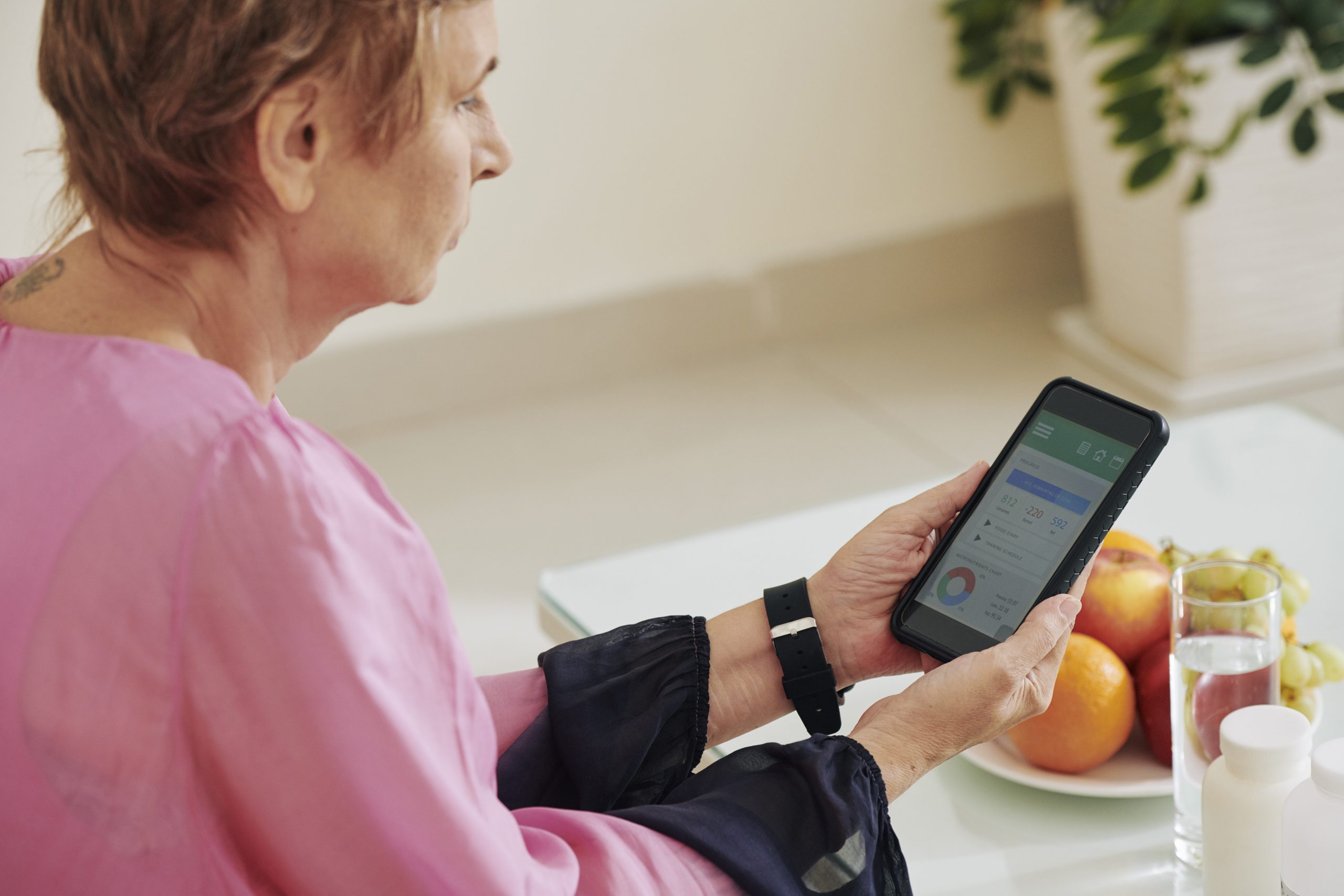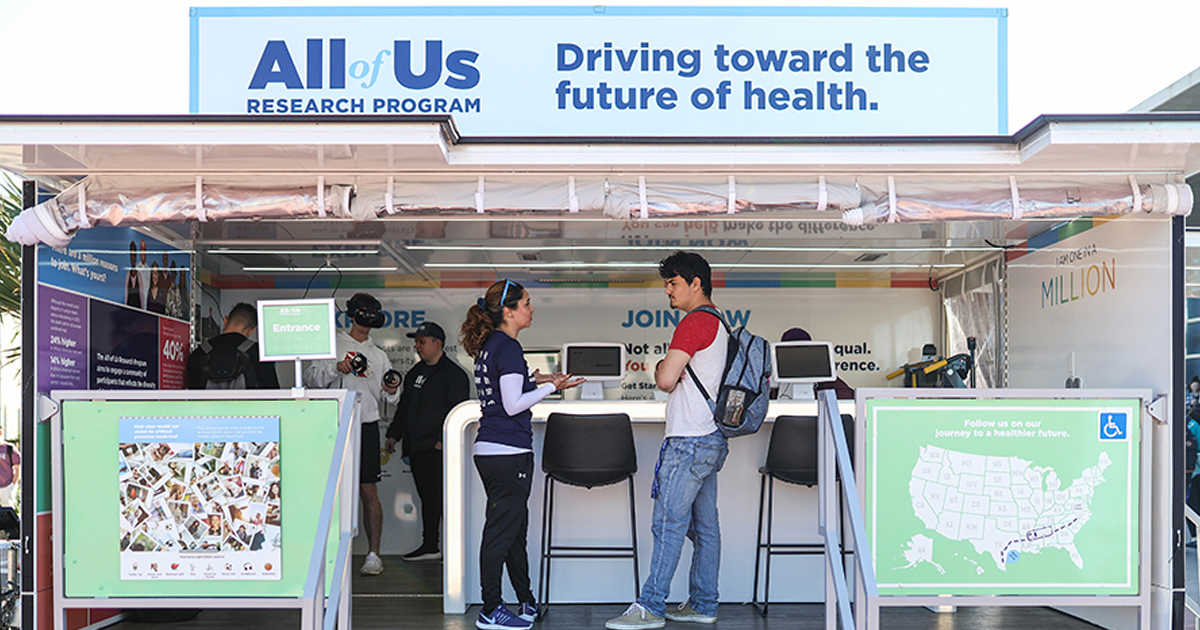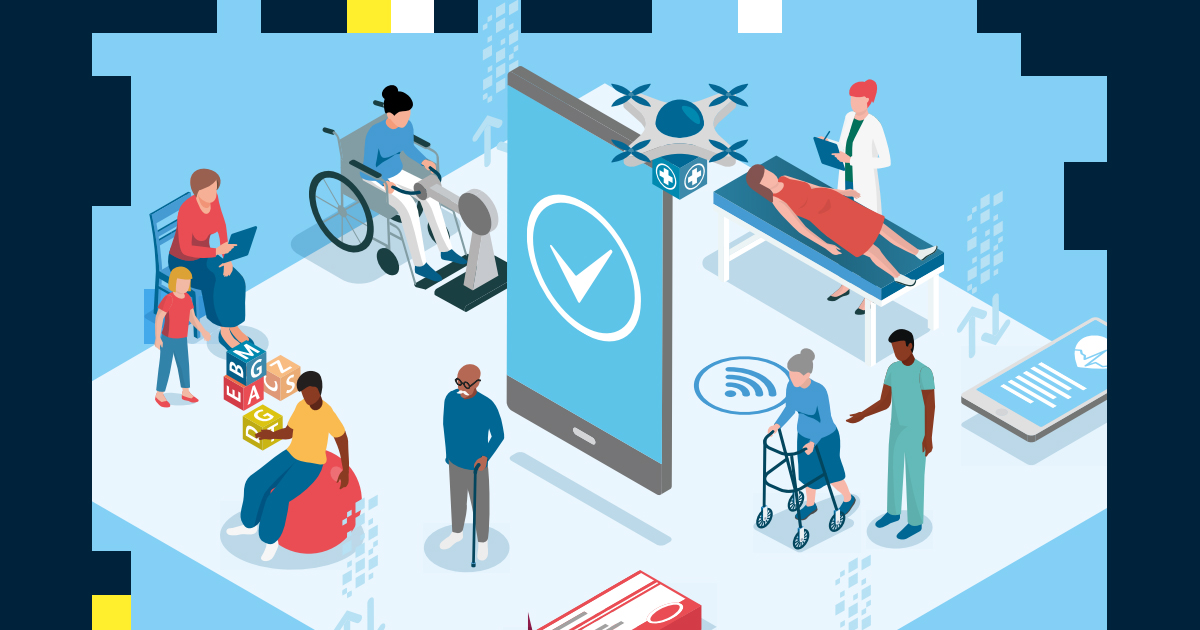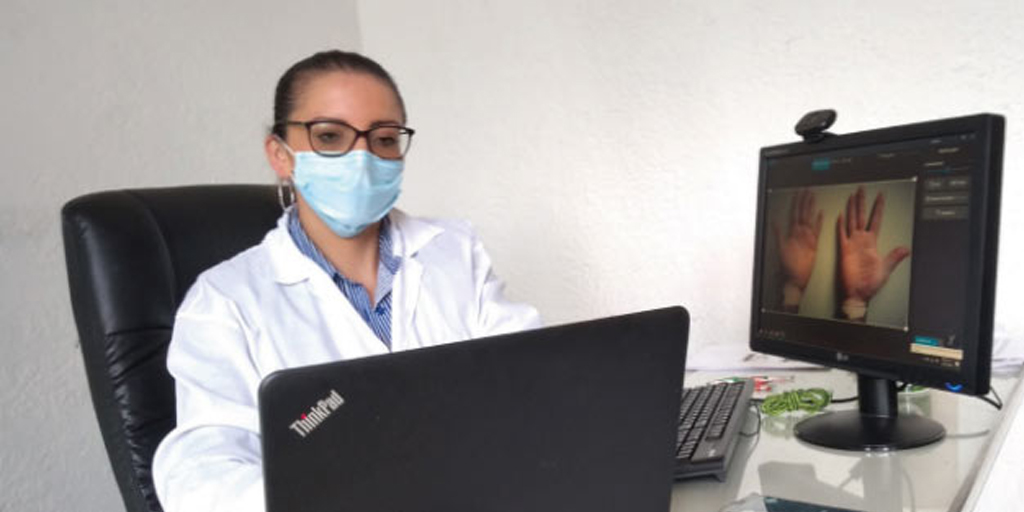HIMSS20 in its digital version gave a lecture on the use of virtual assistance and telemedicine during the pandemic.
Social distancing measures around the world and being part of COVID-19 risk groups led seniors to be estranged from their usual activities. In fact, experts have expressed concern about the impact of social isolation during the pandemic on this population.
According to Dr. Charlotte Yeh, medical director of AARP (American Association of Retired), “If there is one place we can start in COVID, and especially during social distancing, where we are relying on technology, would be addressing the hearing impaired. Right now, about two-thirds of people 70 and older have clinically significant hearing loss, and only about 20%-30% ever get hearing aids,”
Faced with this problem, one of the solutions presented by Digital Health, are voice assistants that can be effective in combating loneliness in older adults. However, expert support is directed towards virtual voice assist technologies that offer various options to improve their use even for older adults with limited hearing capacity: "In the virtual assistance we support, one of the aspects we build in to control this technology is a couple of things. One is the actual volume of the voice-assisted technology" said Nathan Treloar, COO of Orbita.

Yeh welcomed the situation that had got older adults to try new technologies through telehealth. I love the fact that the e-health alliance surveyed Medicare beneficiaries, so you are talking 65 and older – 68% of them as of April – had already tried new technology they hadn’t used before to communicate and stay connected with others.”
In addition, he highlighted the secondary benefits of telehealth, such as the fact that the doctor can connect and see the patient at home. When we ask ourselves about adherence to medication or on the right day, you now have a good appreciation of what your patient is doing at home, and can make adjustments, which we've never had access to before."






